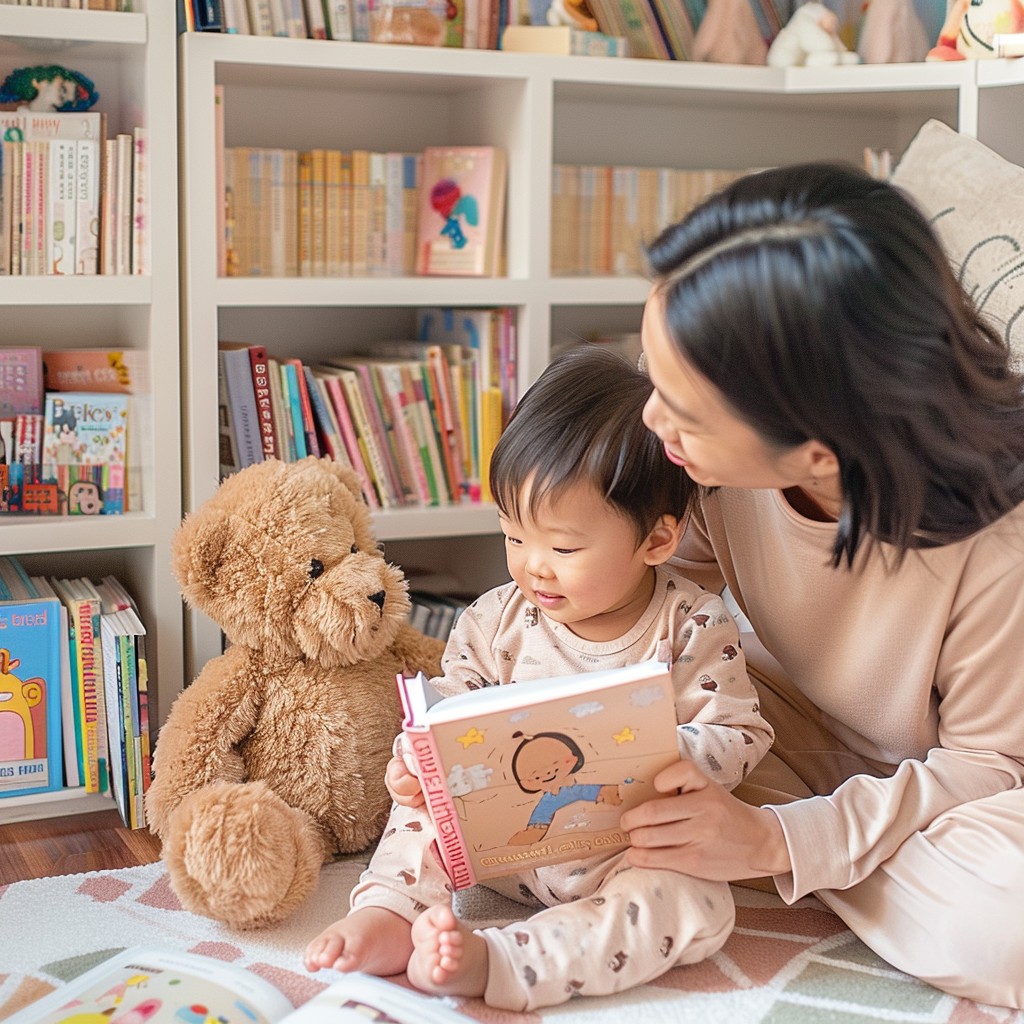“Do your kids seem to fight all the time, leaving you wondering how to restore peace at home?”
Siblings fights are a common issue in the home but when it becomes unbearable it can disrupt the peace at home.
Picture this: You’re in the kitchen, trying to get dinner ready after a long day, and suddenly, you hear it — the sound of your kids bickering in the next room.
Voices escalate, toys are thrown, and before you know it, you’re playing referee in yet another battle over who gets to use the TV remote.
It’s the same argument they had yesterday. The constant noise, the never-ending disputes — it wears you down. You love them, but the constant fighting is exhausting, leaving you feeling stressed and desperate for a solution.
When I was young, I remember fighting with my brother over a pot of meal. He would always scream and curse under his breath thinking it had an impact on me,😍
Now i know what disaster our parent faced back then with us always around.
Let’s go further into why siblings fight. There has to be a reason why two people who share the same house, toys, and sometimes even clothes can’t seem to get along.
Maybe it’s the battle for who gets the last cookie, or perhaps it’s a mysterious universal law that no matter what, one sibling will always want exactly what the other is holding… even if it’s a sock!

Among the many reasons why siblings fight themselves , i have three (3) simple yet solid reasons why siblings fight all the time
Why Do Siblings Fight?
- Attention: Kids often see themselves in competition for your attention. Whether it’s who can tell their story first or who can get the most hugs, they’re constantly looking for ways to be noticed. It’s not that they don’t love each other — they just want to make sure you’re watching them more.
- Different Ages/Personalities: Age gaps and personality differences play a huge role in sibling clashes. The older one might want space, while the younger one just wants to follow them around. Or one may be quiet and sensitive, while the other is loud and energetic. It’s like having two totally different movies playing in the same room.
- Jealousy: Siblings are quick to feel like life’s not fair, especially when they think one is getting special treatment. Whether it’s the bigger slice of cake or the chance to stay up later, feelings of jealousy can spark battles over even the smallest things.

How to make kids get along
- Stay Calm: Teach kids to talk about their feelings without raising their voices. It’s okay to be upset, but they should express themselves calmly.
- Use “I” Statements: Help kids learn to say things like “I feel sad” or “I feel angry.” This way, they can share their feelings without blaming others.
- Listen Actively: Show them how to listen carefully when someone is speaking. This means not interrupting and paying attention to what the other person is saying.
- Practice Role-Playing: Play pretend games where they act out how to solve problems. This helps them practice dealing with conflicts in a fun way.
- Model Good Behavior: Show kids how to handle disagreements nicely. When you disagree with someone, let them see you stay respectful and calm.
- Create Clear Rules: Make easy-to-understand rules about how to behave when there is a fight. For example, no hitting or yelling. This helps everyone know what is expected.
- Discuss Consequences: Talk about what will happen if someone breaks the rules. For instance, they might lose a privilege like screen time. This helps kids understand that there are outcomes for their actions.
- Be Consistent: Always apply the same consequences when rules are broken. If a child loses screen time for hitting, make sure they always lose it for that behavior. This teaches kids that rules are serious.
- Family Meetings: Have regular family gatherings to talk about how everyone feels and to go over the rules. This is a chance for everyone to share their thoughts. It helps everyone feel included and heard.
- Assign Team Projects: Encourage kids to work together on fun projects, like building a fort or a puzzle. This helps them learn how to cooperate and share responsibilities. It also gives them a sense of accomplishment when they finish.
- Celebrate Successes: When kids work well together, praise them for their teamwork. Say things like, “Great job working together!” This positive feedback makes them want to cooperate more in the future.
- Plan Team Activities: Organize games that require them to work as a team, like scavenger hunts or relay races. These activities teach kids how to communicate and rely on each other. It makes learning teamwork enjoyable.
- Create Together: Have them team up on fun art or craft projects, like making a poster or a scrapbook. Working together on creative projects helps build their friendship. Plus, they can share ideas and learn from each other.
- One-on-One Time: Spend special time alone with each child to show that you care about them. This helps them feel important and loved. It can be as simple as reading together or playing a game.
- Celebrate Differences: Focus on what makes each child unique instead of comparing them. For example, praise their individual talents or interests. This helps them feel valued for who they are.
- Listening Time: Set aside time to sit and listen to each child’s thoughts and feelings. This shows them that their opinions matter. It creates a safe space for open communication.
- Personal Projects: Encourage kids to pursue their own hobbies or interests, like drawing or playing sports. Supporting their individual projects helps them feel special and boosts their confidence.
- Teach Problem-Solving: Help kids learn how to find solutions when they disagree. Sit down with them and talk through the problem to come up with ideas together. This teaches them how to handle conflicts on their own.
- Use Cool-Down Techniques: Show kids ways to calm down, like taking deep breaths or counting to ten. These techniques can help them manage their feelings when they are upset. This helps prevent yelling or fighting.
- Create a Calm Corner: Set up a quiet space in your home where kids can go when they need a break. This could be a cozy chair or a small tent with pillows. It gives them a place to relax and gather their thoughts.
- Encourage Reflection: After a fight, talk with them about what happened and what they could do differently next time. Asking questions like, “How could you solve it better next time?” helps them learn from their experiences.
- Start Family Traditions: Create fun activities that your family does regularly, like movie nights or game nights. These traditions bring everyone closer and create happy memories together. It gives kids something to look forward to.
- Have Family Meals: Sit down together for meals and encourage everyone to share something about their day. This helps strengthen family bonds and allows kids to express their thoughts. It makes mealtime a special time to connect.
- Praise Kind Acts: Notice and celebrate when kids are kind to each other or cooperate well. Use phrases like, “I loved how you helped your sibling!”
This positive reinforcement encourages them to keep being nice and supportive. - Teach Empathy: Help kids understand how their siblings feel by discussing emotions. Encourage them to ask questions like, “How do you think your brother felt when that happened?” This teaches them to be more caring and considerate.
Sibling fights are just practice for life’s big challenges—like negotiating for the last cookie! Keep calm and encourage teamwork, and who knows?
One day, they might just become the ultimate cookie-sharing partners. Until then, let the sibling squabbles continue; they’re just building character (and maybe some wrestling skills)!

